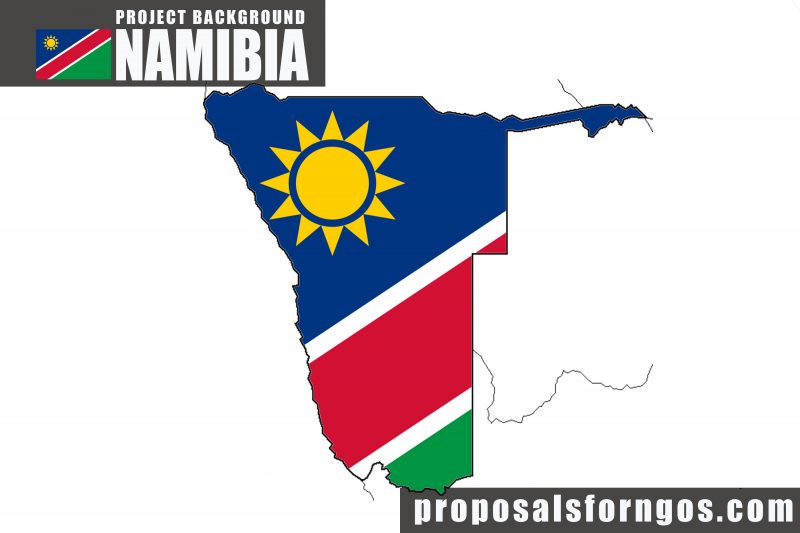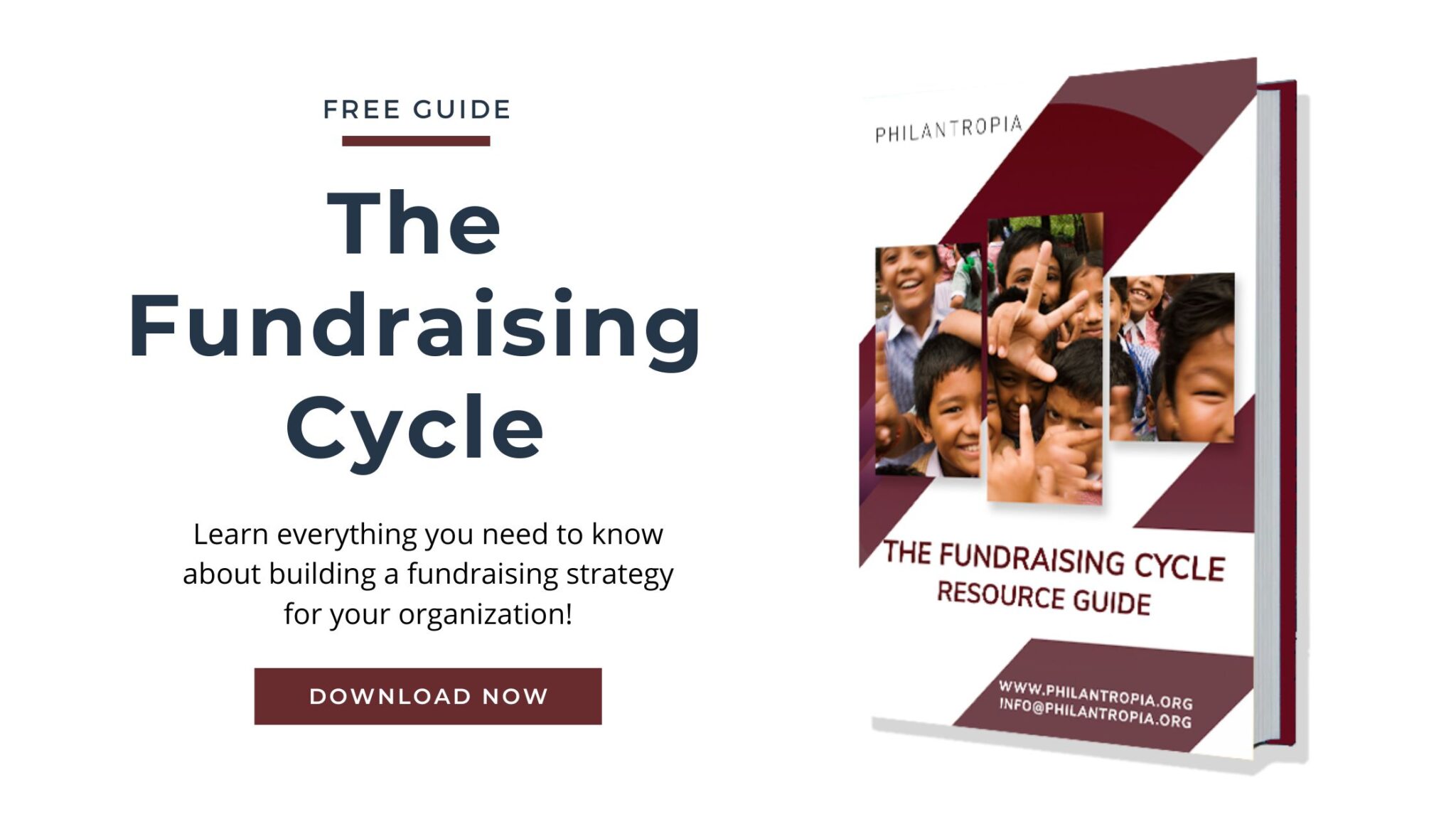The project background is an important part of every proposal. It can be very similar to the project rationale or the project justification. It shows your donor that you did your homework and that your project is planned well. But where can you get the information and data for your project background? And how does one actually look like?
Here you have an example project background for Namibia. If you are planning or working in Namibia then you are welcome to use this blueprint. Be sure to add more specific information about your own project though, and add other relevant data according to the region and place.
Project Background of Namibia
Namibia is located in the south-western part of Africa. Namibia shares the border with Angola, Zambia, Botswana, and South Africa. Almost struggling for 25 years, the Namibians achieved its Independence in 1990. During the 1900s, the diamonds were discovered and many Europeans immigrants migrate into the country. Black Africans are the major population in Namibia and rest are mixed, racial groups. The most of the areas are desert, hot and dry.
The country’s population 2,533,224 is suffering from prolonged periods of drought. Due to the worst climate, agriculture isn’t favorable. Mining and Agriculture are the main occupations though people are still relying on subsistence farming. 28.7% of the population is still living under the poverty line. Similarly, the report of the Global Economy shows that the unemployment rate is 23.33 %. The consequences are reflected in the health and life standard of Namibian people, only live for 63.7 years on average reported by World Health Rankings. Moreover, health facilities aren’t accessible to half of the population living in rural areas. The ratio of infant mortality rate is 33.8 deaths per 1000 live births and maternal mortality rate counts 265 deaths per 100,000 live births. About 13.2% of children are suffering from Malnutrition. The different development projects should be developed to address these prevailing problems.
Limited natural freshwater resources, land degradation, and desertification etc. are the major environmental issues facing by Namibia today. According to UNAIDS welcomes new survey data showing that 77% of all adults living with HIV in Namibia are virally suppressed. The Namibia Population-Based HIV Impact Assessment (NAMPHIA) survey included 24 000 people from 0–64 years old.
Poverty, Unemployment and Worst Climate are the major challenges of economic growth. The GDP accounts $14.15 billion. The major economic activities are based on mining the diamonds and importing the raw materials. Agriculture sector contributes only 6.7% and industry 26.3% to the GDP. According to the UNDP report, the HDI ranked 129 scoring 0.647. The country is also listed as one of the corrupted countries while ranking in 53rd position among 180 countries.
The business performance is moderate, scoring 65.08. The country holds the 87th position for doing the business. If you are looking for more information then there are other sources that you could use like the OECD, World Bank or the UN. Unless otherwise indicated, the data was retrieved from the CIA World Factbook.
Country: Namibia
Source: CIA The World Factbook (unless otherwise indicated)
Demographics
- Population: 2,533,224
- Density: 3 P/Km² (Worldometers)
- Area (Rural/ Urban) – 50% / 50%
- Under the poverty line: 28.7 %
Education
Health
- Average life expectancy- 64.4 years
- Child mortality– 33.8 deaths/1,000 live births
- Maternal mortality- 265 deaths/100,000 live births
- Stunting/Malnourishment in children- 13.2%
- Fertility rate – 3.21 children born/woman
Economy
- Most important sectors- Services, Diamond mining, and Agriculture
- GDP – $14.15 billion (Statista)
- Unemployment rate- 23.33 % (Global Economy)
Ecology
- % of the forested area- 8.8 %
- Number of National Parks- 10 ( National parks)
Other:



